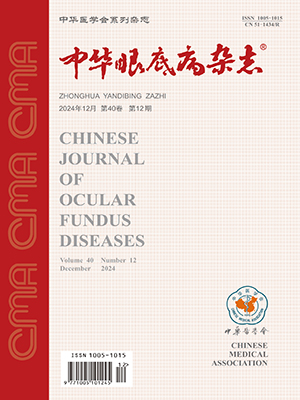The pachychoroid spectrum disorders (PSD) refers to a group of clinical disorders characterized by common features of pathological choroidal thickening and potential pathogenic mechanisms. The pathological mechanism of PSD is very complex, and the theory of venous overload provides valuable research directions. The multimodal imaging technology represented by optical coherence tomography angiography has continuously evolved to provide clear and three-dimensional images of the fundus, making it easier to diagnose and monitor PSD at an early stage. There is no unified consensus on how to develop a treatment plan for PSD, and current research has shown that feasible treatments include drug therapy, laser photocoagulation therapy, and photodynamic therapy. However, the evidence of effectiveness and safety provided by these studies is still not sufficient. Surgery and integrative Chinese and Western medicine may provide new prospects for the treatment of PSD. In the future, it is necessary to further develop reasonable research programs, expand the sample size, strengthen follow-up observation, and provide more safe and effective treatment programs for patients.
Citation: Zhou Xianhui, Peng Jiaxin, Deng Wenqian, Yu Juan. Research progress of pachychoroid spectrum disorders. Chinese Journal of Ocular Fundus Diseases, 2024, 40(10): 803-807. doi: 10.3760/cma.j.cn511434-20240424-00167 Copy
Copyright © the editorial department of Chinese Journal of Ocular Fundus Diseases of West China Medical Publisher. All rights reserved
-
Previous Article
青光眼手术后长期低眼压1例 -
Next Article
Progress in the application of the Ando iridectomy in vitreoretinal surgeries with silicone oil tamponade




